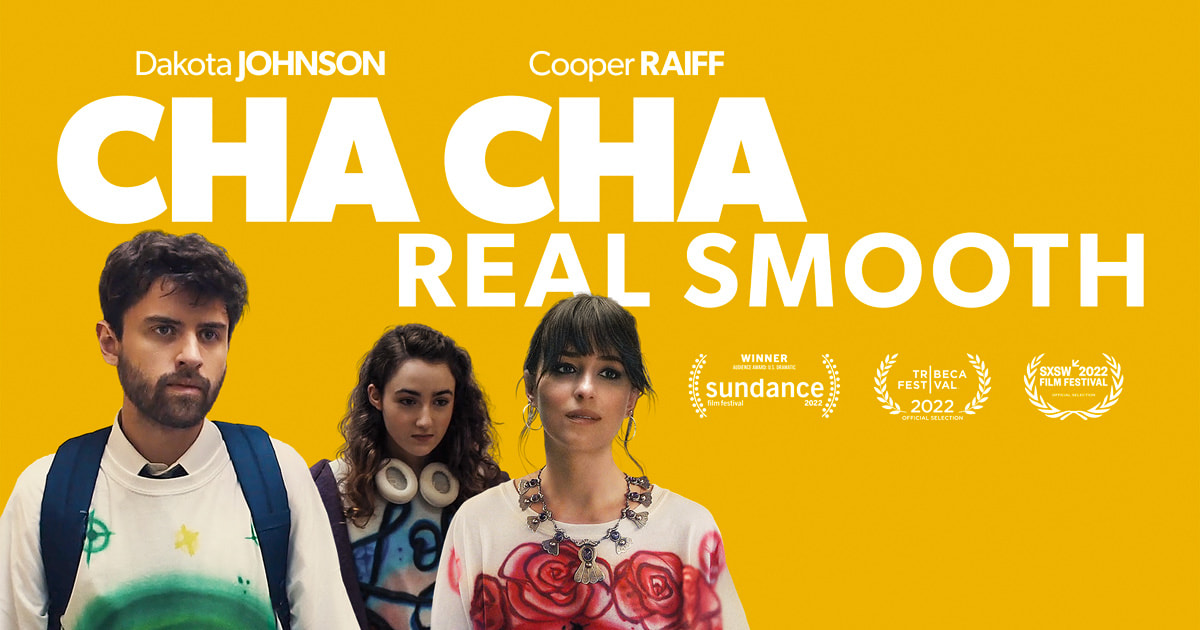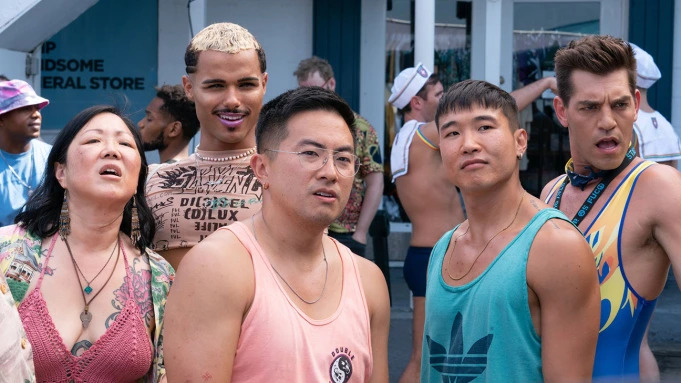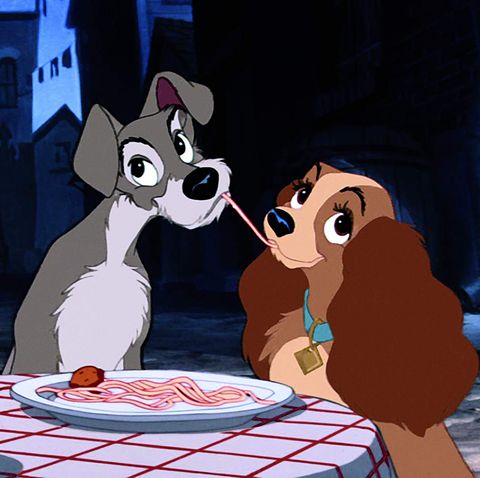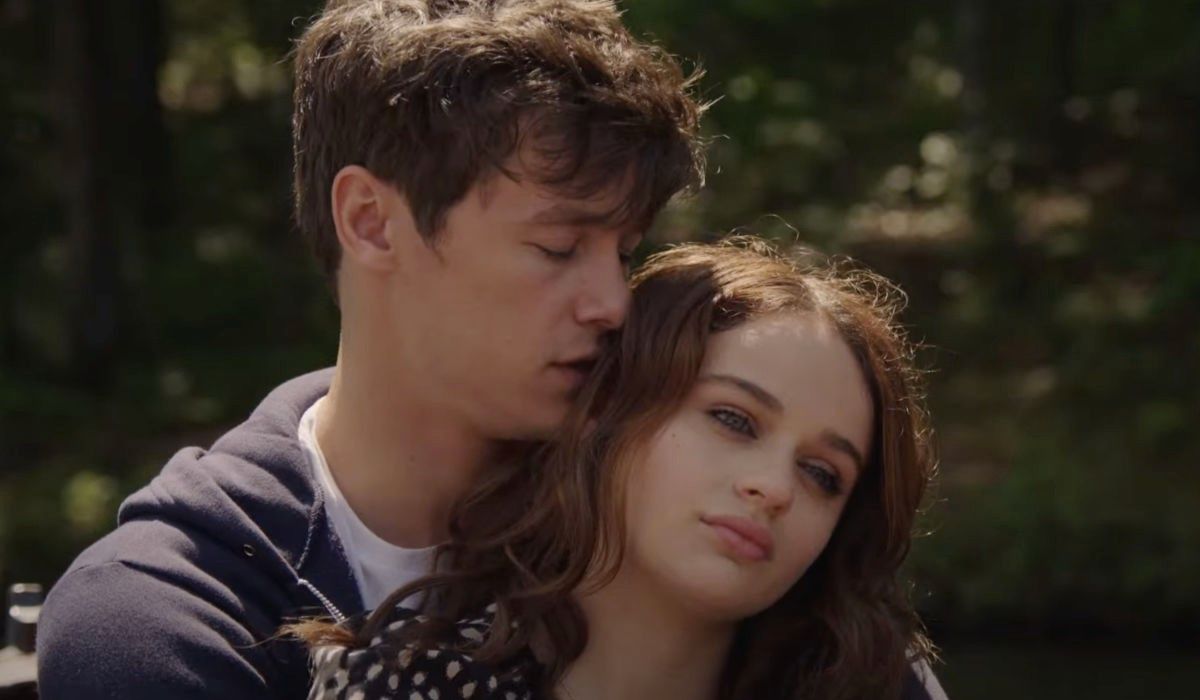Cha Cha Real Smooth
Posted on June 16, 2022 at 5:44 pm
B +| Lowest Recommended Age: | Mature High Schooler |
| MPAA Rating: | Rated R for language and some sexual content |
| Profanity: | Very strong language |
| Alcohol/ Drugs: | Alcohol, drugs |
| Violence/ Scariness: | Miscarriage, some scuffles, bullies |
| Diversity Issues: | None |
| Date Released to Theaters: | June 17, 2022 |

We’ve seen a lot of movies about this difficult moment, from “The Graduate” to “Laggies,” when the promise and structure that have propelled someone from kindergarten through college somehow have not produced the sense of purpose and direction they were expecting. Raiff brings something unusual to the predicament this time. Andrew has a buoyant optimism, natural charm, and innate kindness that make him appealing both to the other characters in the story and to us. Raiff has an easy authenticity on screen that is especially impressive from someone directing himself.
in a brief prologue, we see young Andrew attending a bar mitzvah party, with a crush not on one of the girls his age but on the “party starter.” That’s the job of the “tummler” (in Yiddish), the person whose job is to keep the party mood happy and make sure everyone is involved and having a good time. It’s especially important for middle school parties, when the attendees are very excited but inexperienced. Once we’re in the present day, Andrew again finds himself at a bar mitzvah party for one of David’s classmates. And no one is on the dance floor.
Andrew has a gift for making kids feel confident and ready to participate. One girl is in a corner with headphones and a puzzle cube. Her name is Lola (Vanessa Burghardt) and she has autism. He bets her mother he can get her to dance. And he does. He is immediately surrounded by mothers who want to hire him to be the party starter for their b’nai mizvot. And since the kids involved all go to school together, he sees the same people over and over, including Lola and her mother Domino (Dakota Johnson, who also co-produced).
Andrew is drawn to Domino, who warms to him for his ability to connect to Lola. After he comes to her rescue at yet another bar mitzvah party, she invites him to be Lola’s sitter.
Andrew and Domino have to sort through their feelings for one another and Andrew has to do for himself what he does so skillfully for the 12- and 13-year olds he entices to the dance floor; he needs to find encouragement to take that next, seemingly-perilous step. Sometimes those lessons are painful, even when everyone involved is well-meaning. Raiff wisely lets Andrew learn them anyway. We leave knowing that Andrew will find his way and that Raiff already has.
Parents should know that this movie includes some very strong language, sexual references and situations, drinking and drunkenness, bullies, a miscarriage and some scuffles.
Family discussion: Why was it hard for Andrew to take the next step? What should he have done to prepare? Do you agree with Domino’s decision?
If you like this, try: “Laggies” and “Post Grad” and Raiff’s previous film, “S***house”







